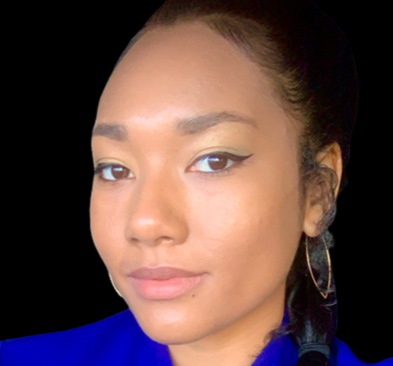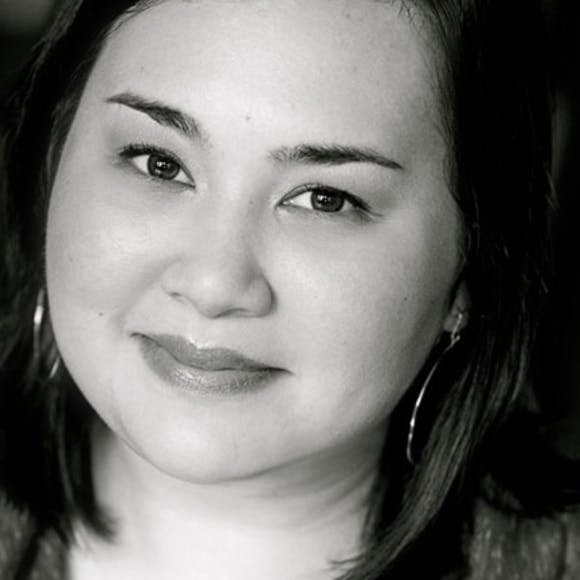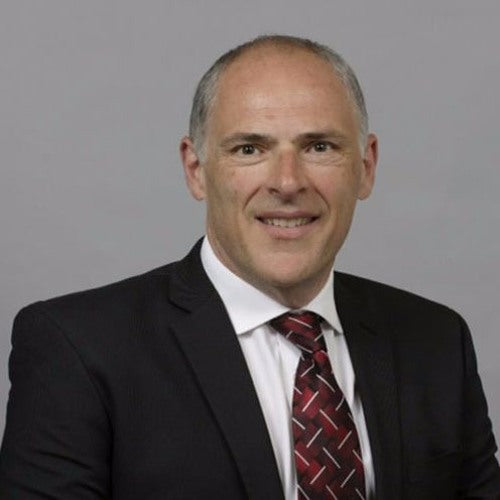Book: The Watergate

Photo Courtesy of Joseph Rodota
Author: Joseph Rodota
Author Bio:
Joseph Rodota is a writer and consultant who divides his time between California and Washington, DC.
His book THE WATERGATE, a history of the iconic building and some of its most famous residents, was published in 2018 by William Morrow.
He is the author of CHESSMAN, a play about the final days of Caryl Chessman, the “Red Light Bandit,” as seen through the eyes of Governor Pat Brown and his family. CHESSMAN premiered at Sacramento’s B Street Theatre in 2016 in a sold-out run.
Rodota has worked at the highest levels of federal, state, and local politics for more than 30 years.
He served as a writer and communications manager in the Reagan White House and as a top campaign and government aide to California Governors Pete Wilson and Arnold Schwarzenegger. In October 2008, as part of a team of bipartisan political consultants who managed the campaign against Proposition 8, Rodota ran the rapid-response “war room.”
He has written columns under his own byline for the New York Times, Los Angeles Times, Huffington Post and other publications.
He is a graduate in history, with honors and distinction, from Stanford University. He is a member of the board of directors of the Christopher Isherwood Foundation in Santa Monica, California, and a former trustee of the Crocker Museum of Art in Sacramento, California." (Source: www.josephrodota.com)
1. The events at the Watergate Hotel have been cemented in the annals of history, has there been any other major happenings at the site since the early 1970s?
The Watergate has been home to a seemingly endless parade of journalists, politicians, socialites, and spies over the decades. Monica Lewinsky lived at the Watergate while she was a White House intern; after her affair with President Clinton became public, reporters and photographers camped out in front of the Watergate in what became known as the “Monica Watch.”
Charlie Trie, a central figure in the Clinton-Gore re-election fundraising scandal (sometimes called “Chinagate”), lived down the hall from Monica. Supreme Court Justice Ruth Bader Ginsburg and her late husband, Martin, hosted New Year’s Eve dinners in their Watergate apartment; among their guests, the late Justice Antonin Scalia and his wife, Maureen.
2. What sparked your interest to write this fascinating book? And what do you hope readers get from it?
Nearly every famous building you can think of has been chronicled in a book – except, until now, the Watergate. I wanted to explore this legendary building, from the ground up. I try to give readers a new perspective on the building, from the inside.
3. What was your writing process like for this book?
My researchers and I unearthed documents from the National Archives, the Library of Congress, the libraries of 13 former presidents, and a number of archives around the country – plus the Central State Archives in Rome.
We tracked down every living person we could find who might have had some interesting connection with the Watergate, including two architects who assisted Luigi Moretti as he designed it from his studio in Rome.
I was fortunate to get interviews with many current and former residents, including GOP strategist Karl Rove, former U.S. Senator Robert Dole, the Countess Romanones (who answered my questions via email) and journalist and author Sally Quinn.
4. Do you believe there is any other building in America or the World, today, that has gathered such influential, significant or political information as did the Watergate?
The Watergate certainly changed the world’s vocabulary for political scandal. Since 1974, there has been an endless procession of “-gate scandals.” I tracked down the first of these follow-on scandals: "Winegate", a scandal that rocked France’s wine industry.
5. The Watergate Scandal was such a high profile event, are there any more truths to be uncovered?
Giuseppe Cecchi, manager of the Watergate complex, revealed for the first time that the Democratic National Committee was behind on its rent in the spring of 1972 – and he requested permission to begin eviction proceedings.
But his bosses in Rome, fearing a political and media backlash, advised him to wait until after the election before kicking them to the curb. Had Cecchi won that argument, the break-in might have taken place somewhere else.
6. Who was someone that visited The Watergate building throughout history that you wish you could have interviewed or had dinner with?
Walter Pforzheimer, who was one of the key figures in creating the Central Intelligence Agency and became the first librarian of the CIA. He had a duplex apartment in the Watergate, which he filled with his book collections, including the largest private collection in the world of books about espionage.
According to author and historian Tim Naftali, who knew him, Walter was a great host, with a cadre of intriguing friends and a ready supply of entertaining stories.
7. Did you receive any backlash from people involved while doing your research for this book?
I heard through the grapevine that there was some anxiety among some residents that the book would paint the complex and its residents in a negative light. That was never my plan, but some of the chapters in the book cover topics that have created friction between residents over the years.
But the Watergate community has been supportive of the book since it came out. I get notes and emails from residents as they finish reading it. And I signed a pile of books for residents who were sending them out as their 2018 holiday gifts to friends and family, so that’s a good sign.
8. There was a special counsel investigation in Watergate’s history and there is a special counsel investigation going on currently involving the White House. Do you see any similarities between the two?
The Washington Post recently reported that Watergate was “having a moment” and I think that’s true. I started working on the book in late 2015, and I was worried I might have missed my window. After President Trump fired FBI director James Comey in May 2016, however, Watergate came roaring back into the news. My Google news alerts for “Watergate” have been busy ever since.
9. What’s the best book you have read in 2019?
I very much enjoyed Indianapolis by Lynn Vincent and Sara Vladic. I especially like how they wove together interesting stories that were five decades apart. I read 2-3 books a week, usually nonfiction, so it’s hard to pick just one as “the best.”
10. What’s your best advice for getting over writer’s block?
I’m fortunate to work in Sacramento, California, which has sunny weather most months of the year. When I find myself stuck in the middle of a chapter, or a scene from a play, I head out for a walk or a bike ride. Within an hour or so, away from the laptop, I can usually sort things out.
11. Do you plan on writing any more books in the future?
I loved working with my editor and the team at William Morrow and hope to work with them again, once I’ve found another epic political story that hasn’t yet been told in book form. Until then, I am developing a play based on the life of Jeane Dixon, the celebrity clairvoyant, as well as two podcasts based on historical events.
Places To Find More From This Author:
Facebook: Joseph Rodota
Twitter: @josephrodota
Website: www.josephrodota.com

Get Your Copy of The Watergate Today!






